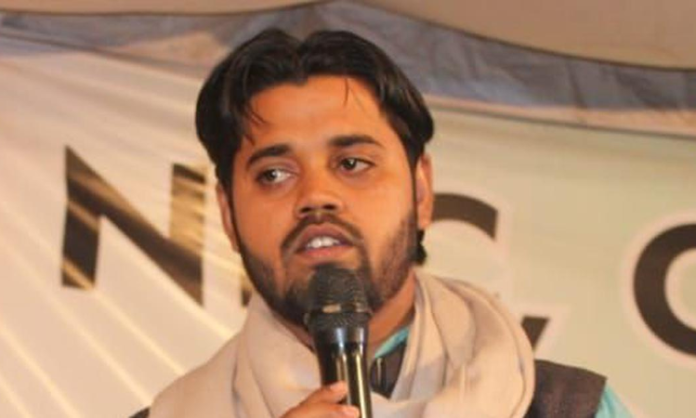NEW DELHI — The Delhi High Court on Monday issued notice to the Delhi Police in response to a petition filed by student activist Asif Iqbal Tanha, who has challenged the framing of charges against him in connection with the 2019 Jamia Nagar violence that occurred during protests against the Citizenship Amendment Act (CAA), as per a report by the Clarion India.
Justice Sanjeev Narula, hearing the matter, also took note of similar petitions filed by other accused, including Sharjeel Imam, and directed that all such applications be clubbed together. The matter has been posted for further hearing on October 30.
Tanha, a former student of Jamia Millia Islamia (JMI), faces multiple charges under various sections of the Indian Penal Code (IPC), including abetment (Section 109), criminal conspiracy (Section 120B), rioting, unlawful assembly (Sections 143, 147, 148, 149), obstructing public servants, assault, and mischief (Sections 186, 353, 332, 333, 308, 427, 435, 323, 341). In addition, he has been booked under the Prevention of Damage to Public Property Act.
The plea argues that the trial court’s decision, made in March, lacked adequate evaluation of evidence and failed to apply judicial mind while framing the charges. The trial court had observed that a speech delivered by co-accused Sharjeel Imam on December 13, 2019, near JMI was “venomous” and incited communal tensions. It went on to frame charges against Imam, Tanha, and nine others, stating that Tanha, along with Ashu Khan and Chandan Kumar, had instigated the violent mob through a premeditated conspiracy, justifying invocation of Section 109 (abetment) of IPC.
Asif Iqbal Tanha, a native of Hazaribagh in Jharkhand, holds a degree in Persian from Jamia Millia Islamia. He has been actively involved with student and civil rights groups such as the Students’ Islamic Organisation of India (SIO) and United Against Hate (UAH)—a movement initiated in 2017 to counter rising incidents of lynchings and hate crimes across India.
The case remains significant in the broader discourse surrounding the anti-CAA protests and their aftermath, as questions over police conduct and the use of stringent laws against activists continue to surface.




